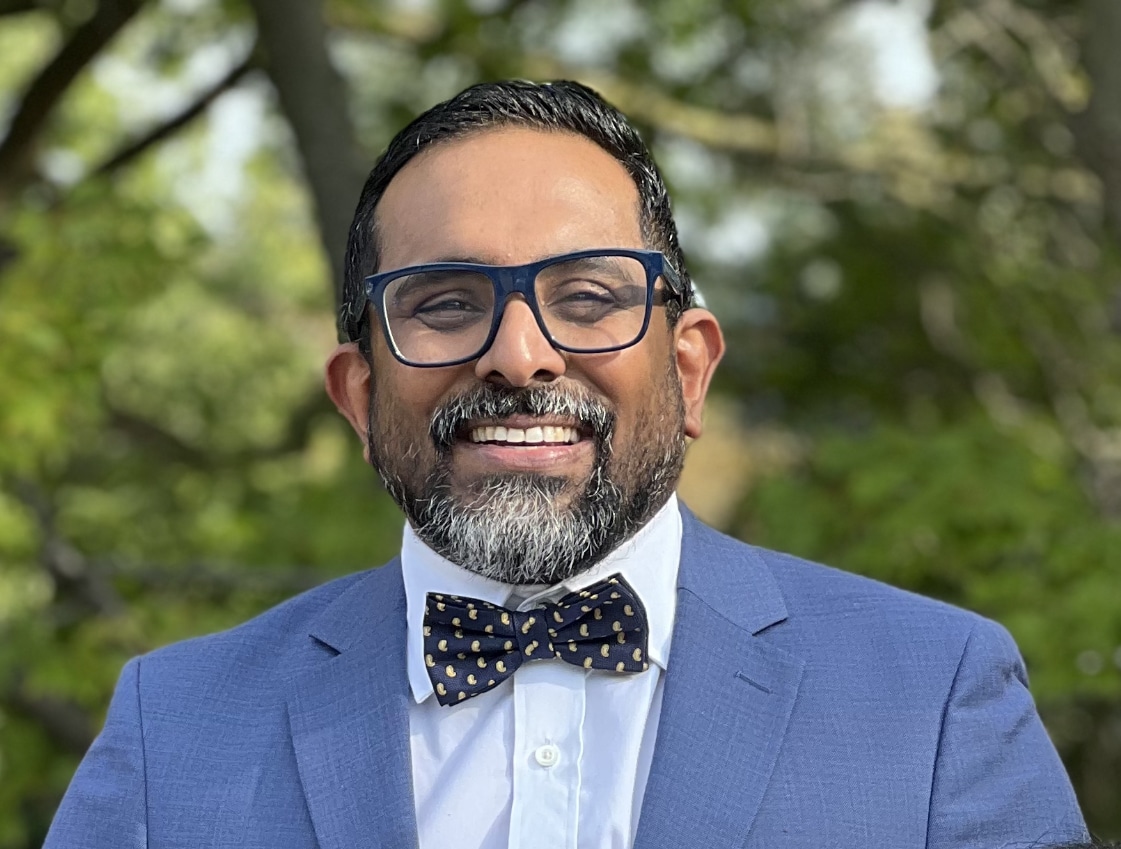By Dr. Samuel Williams, Assistant Professor of Counselling Psychology
TORONTO, ON – I remember vividly my first year as an immigrant to Canada for one haunting reason. It was the year that marks the largest terrorist attack in history. The events of 9/11 saw the fall of the Twin Towers in New York, which resulted in the deaths of 2996 people. Following the 9/11 attacks, people of Middle Eastern, South Asian and Arab descent became targets of racial profiling, discrimination and terrorist jokes.
As a South Indian, travel became significantly difficult for me and crossing borders often turned into a nightmare. Imagine the authenticity of your name being questioned repeatedly by the immigration officers because of the way you look? Not to mention, being told every single time for over a decade, “You have been randomly selected to be searched.” Once, my friend and I were followed by a police car on our way back to our seminary campus. We realized after their questioning that we had been racially profiled.
When I struggled to process these experiences on my own, I turned to others. Sometimes they gave pat responses like, “At least it’s not as bad as the US.” Sometimes they dismissed it saying, “You are too sensitive.” Or “Jesus sees no colour.” And other times, it turned into inappropriate terrorist jokes. The unsettling truth is that these experiences of discrimination, racism and dismissiveness – of one group saying that they are superior or inferior to another – is no different in the church. In fact, sometimes it is far worse.
In Revelation 7:9-10, John wrote:
“After this I looked, and there before me was a great multitude that no one could count, from every nation, tribe, people and language, standing before the throne and before the Lamb. They were wearing white robes and were holding palm branches in their hands. And they cried out in a loud voice: ‘Salvation belongs to our God, who sits on the throne, and to the Lamb.’”
When John saw the picture of the heavens, he didn’t see differences disappear. Difference is celebrated. But speaking truth from all sides precedes celebration. The truth of how we have offended each other, what we have experienced, confession, repentance, and from there to being open, through God’s grace, to reconciliation and new ways of relating and community.
All this is done, not based on conditions set down by the people with influence and power, nor on our terms, but through the cross, resurrection, and being empowered through the Spirit.
Accordingly, Eugene Peterson provides a foundation for celebration of diversity that deserves our attention:
“…using Scripture as text, does not so much present us with a moral code and tell us, ‘Live up to this,’ nor does it set out a system of doctrine and say, ‘Think like this.’ The biblical way is to tell a story and invite us, ‘Live into this – this is what it looks like to be human in this God-made and God-ruled world; this is what is involved in becoming and maturing as a human being.’”


